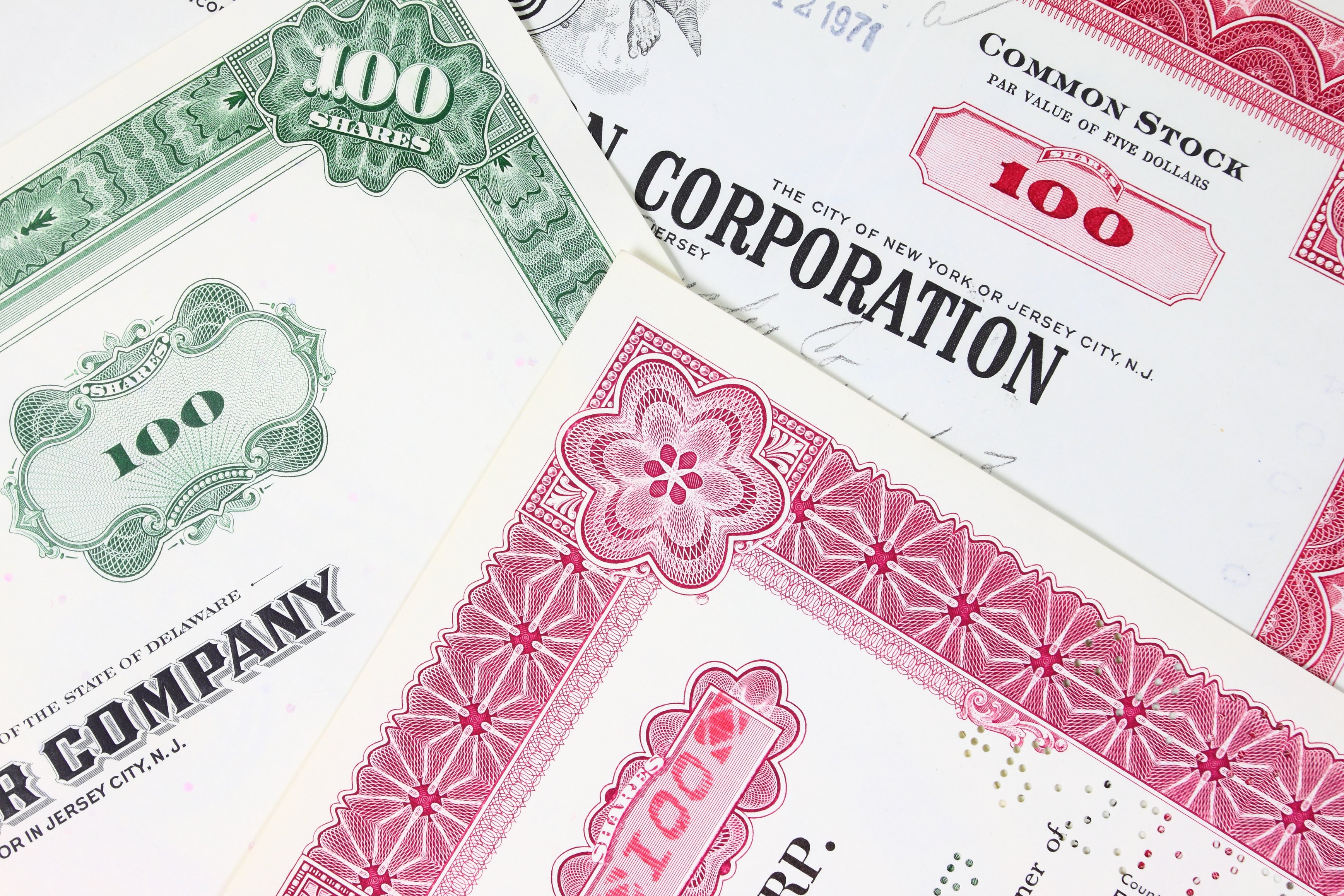As The New York Times reported yesterday, Eli Lilly (NYSE: LLY) could potentially pay $1 billion to settle a federal investigation into its marketing practices for its lead drug Zyprexa.
The schizophrenia and bipolar disorder treatment is Lilly's top-selling drug. It is by far the highest-selling drug in the atypical antipsychotic class of medications, competing with other atypicals such as Pfizer's Geodon and Bristol-Myers Squibb's (NYSE: BMY) Abilify. For the past several years, various government agencies have investigated Lilly for allegedly marketing Zyprexa in indications in which it hasn't gained FDA approval.
Claiming that a drug can treat conditions for which it hasn't gained FDA approval is illegal, and federal prosecutors grown more aggressive in pursuing the practice in recent years. Last year, privately held Purdue Pharma was fined more than $630 million for improperly marketing the commonly abused pain drug OxyContin. In August, Cephalon (Nasdaq: CEPH) paid $425 million to settle a similar federal lawsuit over its marketing practices, while Endo Pharmaceuticals (Nasdaq: ENDP) has been under investigation since last year for sales and promotional practices related to its pain patch Lidoderm.
In all these investigations, the drugmakers have doctors significantly using their compounds in areas that have yet to gain FDA approval. There's nothing wrong with off-label usage, which can get promising drugs to patients without the years of waiting for clinical trial results. Many cancer compounds, like Genentech's Avastin, are prescribed for unapproved conditions -- but companies cannot actively promote the drugs in such off-label conditions.
Lilly has dealt with a lot of Zyprexa litigation in the past 13 months. Last year, it took a $495 million charge to settle the "vast majority" of the remaining liability claims about the product's safety. In June, it lost two court battles in Germany and Canada, allowing generic versions of the drug into those two countries.
Zyprexa loses its U.S. patent protection in 2012. Even with all the headaches the drug has caused Lilly, it's by far the company's most important compound, with sales of $4.8 billion last year. Sales grew 10% in the just-announced fourth quarter -- quite an impressive accomplishment for a drug that's been on the market since 1996. While shelling out a billion-dollar fine to the government is never a fun experience, at least it should allow Lilly to get back to business.




